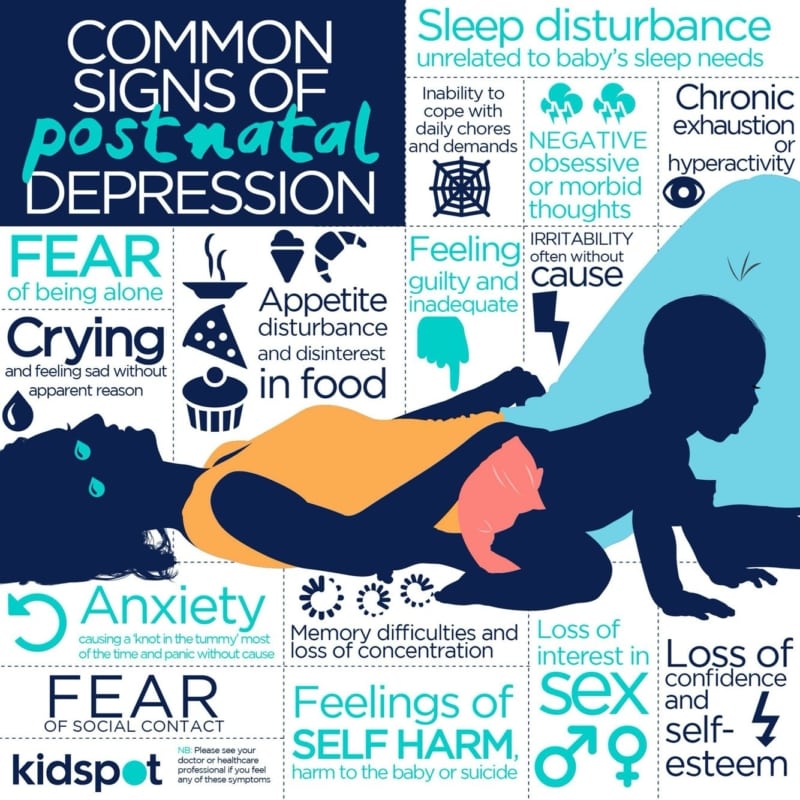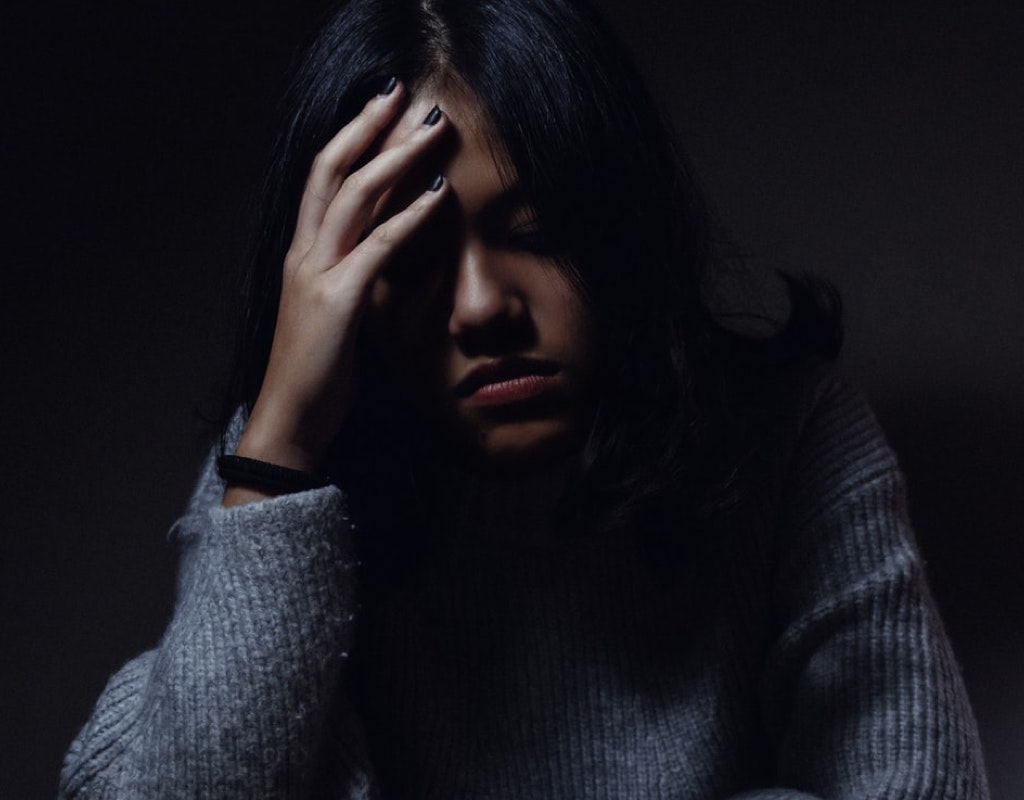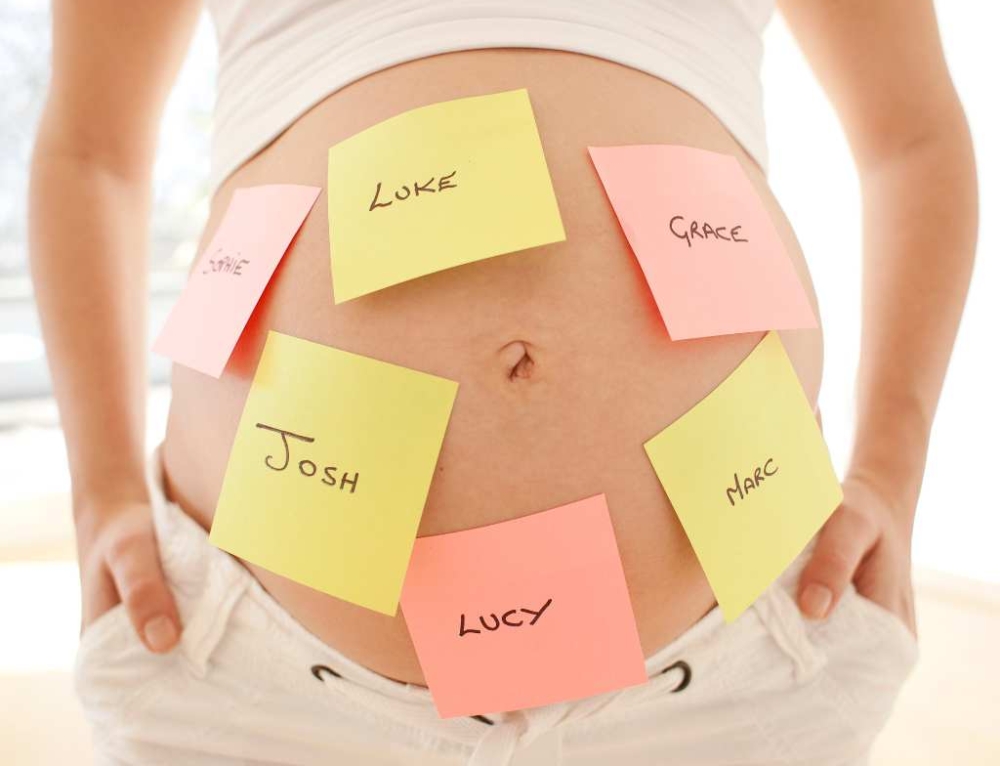Perinatal depression and anxiety (PNDA) – or what is often referred to as post natal depression (PND) – can sneak up, disguised amongst the other challenges and emotions of pregnancy and motherhood, wrapped in the cloak of a mother struggling to do her best and slowly wearing her down.
Perinatal depression and anxiety doesn’t discriminate and it comes in many guises. It comes in to a world where many women don’t have a support network, where poor mental health still carries a stigma and is widely misunderstood and where the mental health care system is fragmented and confusing even for those working within it.
So, although there is a lot of talk and studies about PNDA, the fact is that the majority of women suffering go undiagnosed and therefore untreated. And that’s not good for them, their relationships and their family.
What does PNDA feel like?
For each woman it feels different and there is no right or wrong about how to feel. Women describe a huge range of symptoms such as tearfulness, anxiety , insomnia or excessive sleepiness, intrusive thoughts, poor ‘bonding’ and/or negative thoughts about the baby and self-doubt. Other symptoms can be irrationality, , mood changes, lack of enjoyment, fatigue, feeling overwhelmed, hopeless and out of control. Small tasks can feel insurmountable and it can feel as if you are in a dark tunnel or being pressed down. It can have started while you were pregnant.

You can read more about PNDA symptoms here.
It’s OK
It’s OK to suffer from PNDA.
It’s OK for your PNDA to look different than someone else’s.
It’s OK for you not to feel ‘depressed’ but to still feel a whole raft of other things.
It’s OK to ask for help and it’s OK to keep asking for help until you get it.
It’s OK to fill in a screening tool such as the Edinburgh Postnatal Depression Scale and not score ‘highly’ enough and then keep asking for help or a second opinion.
It’s OK because it’s not your fault. Just like it’s not your fault you have irritable bowel, alopecia, thyroidism or you have one leg longer than the other. It’s just the way it is. And if it’s OK to seek help and make changes for those other health challenges then it’s OK to seek help for all the ways you are feeling and the things you are struggling with.
What to do
If you are not sure if you need help, consider that the very fact you are wondering if you need to reach out about how you are feeling probably means you should. There is no reason you shouldn’t and you certainly deserve to enjoy life more than you currently are. You will still be able to breastfeed on medication; you will still be able to get health insurance.
To get started you could ask yourself, “Who do I trust to talk to about this?” There are many people who can help you get started on your journey – midwife, Plunket Nurse or Well Child Provider, GP, Minister/Priest or Pastor, Friend, trusted colleague, partner, parent, sibling or other relative, practice nurse, a psychologist or therapist, a PND support network, or a support organisation as listed below.
- Depression helpline – 0800 111 757 or text 4202
- Healthline – 0800 611 116
- Lifeline – 0800 543 354 or text 4357
- Suicide Prevention Helpline – 0508 828 865
If you believe either you, your baby, or someone you know, is in immediate danger, please call emergency services immediately on 111. It’s OK to ask for help.
Starting your journey
For most women their GP or midwife is the place that treatment for PNDA begins. Commonly this will take the form of medication and/or counselling. You could also discuss what other supports are available to you in the community – www.mentalhealth.org.nz has a comprehensive list of places you might like to contact.
Have you had PNDA or do you think you have it? What’s it like for you? Join the discussion in the comments below.
This article was written for Kidspot, the premier parenting resouce in New Zealand. This article contains general information only and is not intended to replace advice from a qualified health professional. If you have questions or concerns about your health contact your doctor. Always see your doctor or other qualified health professional before starting or changing any treatment.
Read more on Kidspot:







I have had pnd twice. I have also suffered general depression and anxiety over the years. But I still didn’t recognize quite what was happening the first time and couldn’t get any real support the second time either. If you don’t exhibit self harm/baby harm thoughts then I found there wasn’t a lot of help. Hopefully things change around that over time. Another symptom is irrational anger.
I don’t have PND but i do suffer Anxiety and it peaked when i gave birth to my oldest son, something about becoming a mum and having this little life so dependent on me sent me spinning in a massive way..could i do it? why would he want me as a mum?, how am i meant to take care of him when i can barely look after me?, the list went on and on and the more i thought about it the more anxious i became. I went and saw my midwife about it as i didnt really have a trusted GP at the time and her words i think were the turning point and i often look back and think if she hadnt said to me just how common and normal it was then i dont know if i would’ve coped so well. I still have episodes of quite serious anxiety and it does come out of no where at times too but because of my treatment ( learning coping strategies and techniques) and magic pills as i call them i feel much more in control of my anxiety than i once did ..ive learnt to embrace it abit too and realism it is really normal and common and its a part of who i am and im a pretty cool person so its OK i have anxiety
I had PND with most of my 6 kids, I say most because when you actually have it, it’s hard to recognise it, it often takes someone close to you to see that you have it and talk to you about it. Looking back now though, it was such a dark time and it’s sad to think that I didn’t enjoy that time with my babies like I should have.
My sister suffered from PND so I was aware I may also develop it with my firstborn but thankfully I was ok. I am now pregnant again but mindful that I am not exempt. My midwife is really good about checking in both before and after baby is born to ensure that I was happy and healthy.
I never suffered from PND after the birth of my two boys however I do know of a few friends who have suffered. It is not an easy job being a mother and there are so many things that we as mothers feel we need to match up to in order to be a ‘good mother’. A lot is societal demands, but there is equally a lot of personal pressure we put on ourselves. I just want to say to those that may be reading this – its ok to ask for help, you are not a failure if you don’t meet the societal demands and to go easy on yourself. We are all in this journey of parenthood together so lets work together to help each through it. A kind word, a shoulder to cry on, an ear to listen to, a shared meal or a meal cooked for someone, or even offer to take the child for a couple of hours to give the parent a wee break.
I found out when my first baby was around 8 months that I had PND after going to the doctors and was also pregnant with my 2nd baby. I turned into a different person and my husband actually came to the doctors with me it’s a horrible place to be. With help I did get over it and now have 3 beautiful children it is really common so many I know have had it.
I suffered from this after the birth of my first child 25 years ago. Didn’t know I had it and didn’t really know what it was back then either, was pretty rough 🙁 So I was a little apprehensive with my second 20 years later but luckily I was fine. My hubby actually suffered from PND as he was stay at home Dad from when our daughter was 6 months, so it can happen to Dad’s too!!!